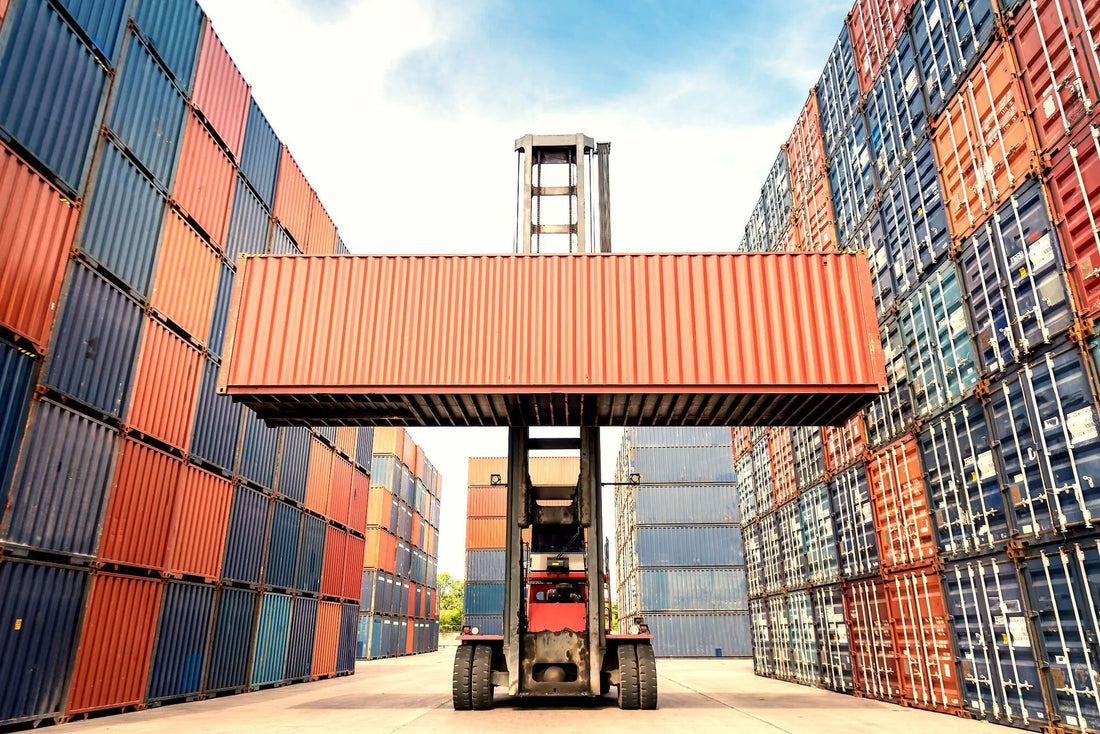
The New EU Customs Regulations 2025: What Changes for Importing Companies
Share
The main regulatory changes and how to best prepare
The European Union customs regulatory landscape is constantly evolving, and 2025 marks a significant turning point with the entry into force of several substantial changes. These changes are set to profoundly impact import and export operations for all companies operating with non-EU markets.
The main changes in force from 1 July 2025
The new EU customs reform package, approved at the end of 2024, introduces several critical changes:
- Unified Customs Declaration System (SDDU) : Replaces the previous declaration templates with a standardised electronic format at European level. Companies will have to adapt their IT systems to comply with the new format by the end of the year.
- Extended Importer Responsibility : The new regulations expand the responsibilities of importers in terms of product compliance. It will no longer be sufficient to check the documentation provided by the foreign manufacturer, but it will be necessary to implement more rigorous control systems.
- New classification system for dual-use goods : Products that can have both civilian and military uses will be subject to a more detailed classification system, with new codes and authorization procedures.
- Mandatory centralized customs clearance for importers with volumes above certain thresholds. This will require the designation of a single European customs office of reference for all operations.
How to effectively prepare for new regulations
To smoothly navigate this regulatory transition, we recommend companies to:
- Conduct an internal audit of current customs processes to identify areas that will require changes
- Update your IT systems to ensure compatibility with the new SDDU format
- Train staff on new procedures and responsibilities
- Review contracts with non-EU suppliers to include clauses relating to product compliance with new regulations
- Consider obtaining AEO (Authorised Economic Operator) status to access simplified procedures
The Importance of Advance Planning
Companies that move early in adapting to the new regulations can turn this challenge into a competitive opportunity. A well-planned implementation will not only ensure regulatory compliance, but can also improve the overall efficiency of customs processes.
The key to success will be the ability to adapt quickly and develop new internal skills or rely on specialized consultants who can guide the company through this complex transition.
At Greco Consulting, we are ready to support your companies with personalized advice to best address these important regulatory changes.